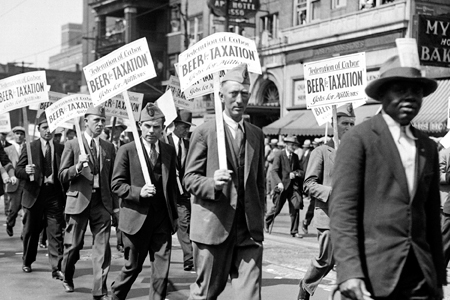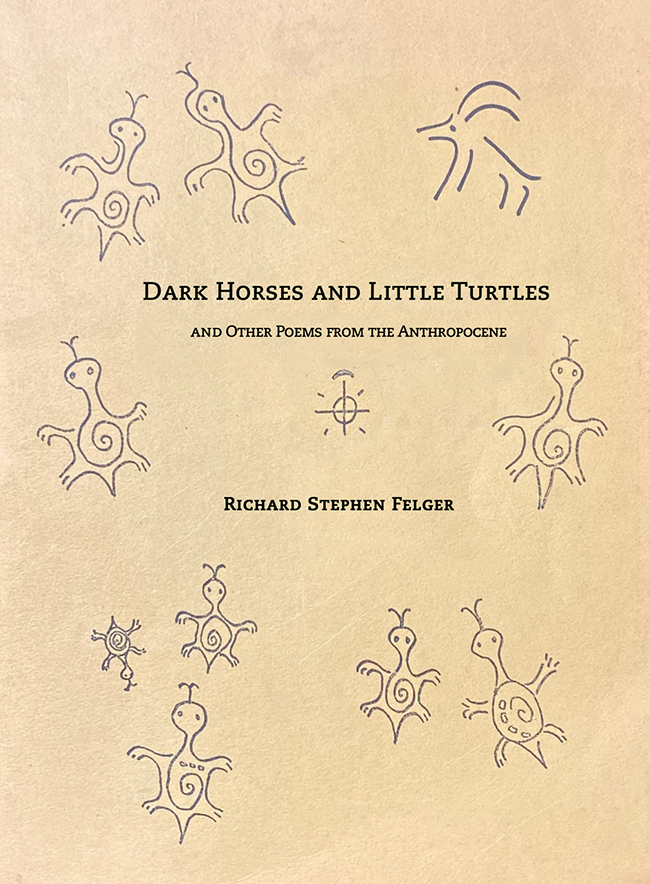Distillation of Discovery
If you think you know about Prohibition, think again.
 Behind the mobsters’ violence, the flappers’ shimmy and the teetotalers’ moralistic stance is an intriguing, complex era of American history eloquently rendered by directors Ken Burns and Lynn Novick in their newest documentary, “Prohibition.”
Behind the mobsters’ violence, the flappers’ shimmy and the teetotalers’ moralistic stance is an intriguing, complex era of American history eloquently rendered by directors Ken Burns and Lynn Novick in their newest documentary, “Prohibition.”
Mr. Burns aptly describes the film as “firing on all cylinders.”
“It has got amazing, complicated characters; it’s a little known period in our history,” Mr. Burns explains during a phone interview. “We just have the superficial images of gangsters and flappers but not much other knowledge. So we wound it back 100 years to see the lead up to it and then really got deep into what Prohibition (was) that went beyond those flappers and those gangsters.”
The three-part series, airing from 8 p.m.-10 p.m. on PBS Oct.2-4, is presented in Burns’ characteristic award-winning fashion with compelling historic photos and footage accompanied by gorgeous music, wonderful narration, numerous well-spoken experts and fabulous voice-overs that resurrect the days’ notable players.
The first episode, A Nation of Drunkards, sets the stage with fascinating 19th century background. A concerned Rev. Lyman Beecher, who finds more and more male parishioners destabilizing their families due to alcohol addiction, writes several sermons on temperance which puts the movement’s wheels in motion. We learn that, in 1830, people over the age of 15 were drinking the equivalent of 88 bottles of whiskey yearly, three times more than the average American in this century; they spent more money on alcohol each year than the total expenditures of the federal government at that time.
With those facts, it makes sense that there would be a fermented backlash, heavily pushed by Christian women. The temperance campaign and women’s suffrage would become inextricably linked as Susan B. Anthony formed the first Women’s Temperance Movement and women found a collective cause and voice.
Other factors that led to Congress passing the 18th Amendment included: pressure and activism from the Women’s Christian Temperance Movement, the male dominated Anti-Saloon League, passage of the 16th Amendment (giving the federal government the right to tax citizens’ income – previous to that the feds were taxing the alcohol trade which had, at one point, comprised 70% of the government’s income), the passage of some form of prohibition in 17 states and the onset of World War I and its anti-German propaganda.
Episode two, A Nation of Scofflaws, covers the union once the 18th Amendment was ratified by 36 states on Jan. 16, 1920. At that time, Prohibition was supported by most Americans, and initially seemed to work. Quickly though, people found ways to profit off of it and began to defy the law – from home brew sold to neighbors, to speakeasies and bloody gang wars over alcohol distribution, along with vast networks of bribery and corruption.
The strict Volstead Act (federal law applying the 18th Amendment) whetted normal citizens to become scofflaws, as the Act defined any beverage containing over one half of one percent alcohol illegal. It did, however, allow for medicinal prescriptions and sacramental wines. During the course of Prohibition, there would be six million prescriptions and the demand for sacramental wines would go up by millions of gallons a year.
A Nation of Scofflaws delves into the difficulties of enforcing the law, the strain on the court systems, sympathetic bootleggers like Roy Olmstead and George Remus, and the blatant, widespread disregard for the amendment from the average person to President Warren G. Harding’s whiskey-fueled poker meetings.
A Nation of Hypocrites, the third episode, begins in 1926. As contemptuous feelings for the law’s extremism grew, so did deaths from gang wars and drinking illegal liquor made from industrial alcohol. It was a chaotic period that featured great music, expansion of women’s liberation, and corruption at every level of government. It put democracy on trial.

The Great Depression struck the final blow against Prohibition.
Here, marchers in Detroit bear signs reading, “Beer for Taxation, Jobs for Millions” ca. 1930.
Credit: Walter P. Reuther Library, Wayne State University
Enthralling personalities are showcased in this episode, including: Chicago’s corrupt Republican mayor Big Bill Thompson, mobster boss Al Capone, Assistant Attorney General Mabel Walker Willebrant (whose personal evolution Mr. Burns describes as is “the whole arc of the story”), political activist Pauline Sabin, New Yorker writer “Lipstick” Lois Long and many others.
Prohibition’s effects mirror modern times. As Mr. Burns elucidates, “You begin to realize that so many of the themes are contemporary with single issue political campaigns that metastasize with horrible unintended consequences, the demonization of recent immigrants to the United States, smear campaigns during presidential elections, a whole group of people who feel that they’ve lost control of their country and are determined to take it back and don’t compromise, warrantless wiretaps; you’ve got all these things that are in today’s headlines and they are back then.”
Visit the interactive, in-depth companion site at PBS.org/prohibition.





Also find us on...